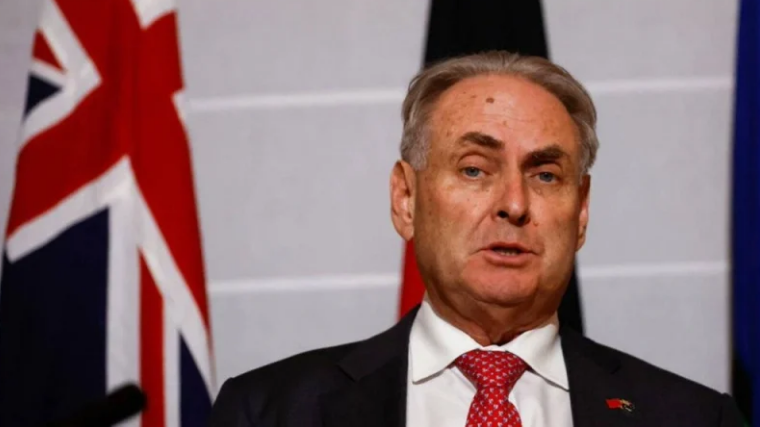Australia’s Trade and Tourism Minister Don Farrell has reaffirmed the Albanese government’s commitment to expanding trade with China, asserting that economic decisions will be guided by national interests rather than U.S. influence.
In an interview with the Australian Financial Review, Farrell said the re-elected federal government is looking to deepen economic ties with Beijing, despite rising global trade tensions and recent tariff actions by the United States. “We don’t want to do less business with China; we want to do more business with China,” Farrell said. “We’ll make decisions about how we continue to engage with China based on our national interests and not on what Americans may or may not want.”
Farrell’s comments come amid renewed debate over global trade realignments and the impact of U.S. tariffs on key allies. His remarks suggest Australia is seeking to carve out a more independent trade strategy as tensions rise between Washington and Beijing.
China remains Australia’s largest trading partner by a significant margin. According to figures from the Department of Foreign Affairs and Trade, Australian exports to China reached 219 billion Australian dollars (around US$140.2 billion) in 2023, compared to just 33.5 billion Australian dollars in exports to the United States.
In addition to emphasizing stronger trade with China, Farrell revealed that Australia has submitted a formal proposal to the U.S. government to remove a 10% tariff imposed during the Trump administration. While open to an agreement, Farrell stressed that Australia would not accept unfavorable terms. “We will only do a deal if it’s in our national interest,” he said. “We want a good deal, and we are prepared to wait and be patient.”
Farrell also noted progress on trade talks with the European Union, which had stalled in 2023. He said a new proposal is nearing completion as both sides work toward a potential free trade agreement, spurred in part by shifting global trade dynamics following U.S. tariff moves.
The Albanese government’s stance highlights its ongoing efforts to balance strategic alliances with economic pragmatism, particularly as global supply chains and trade alliances continue to evolve in a more fragmented and protectionist world economy.


